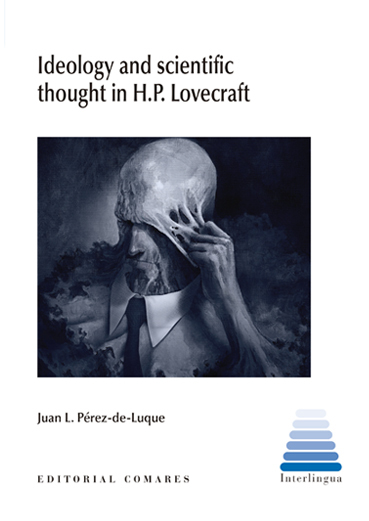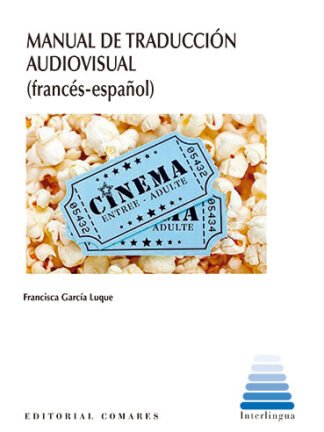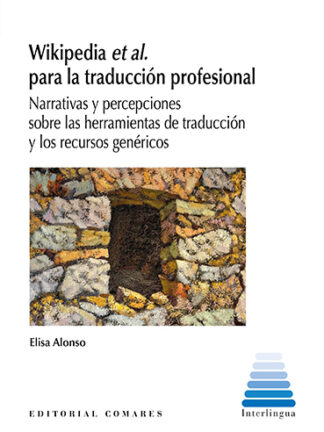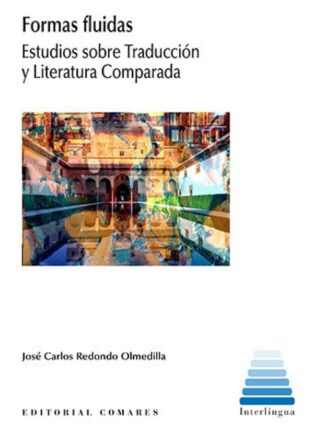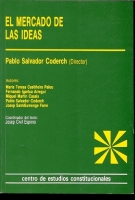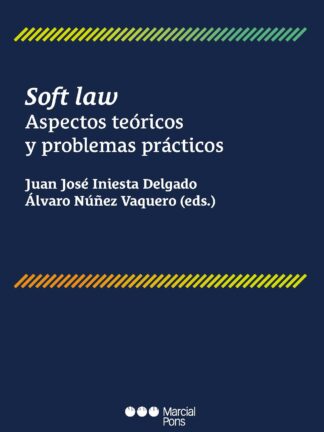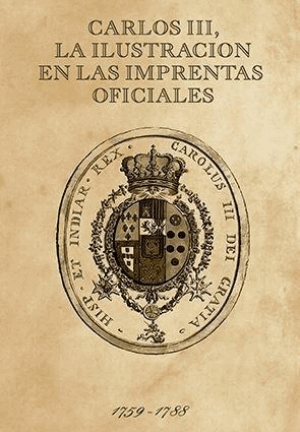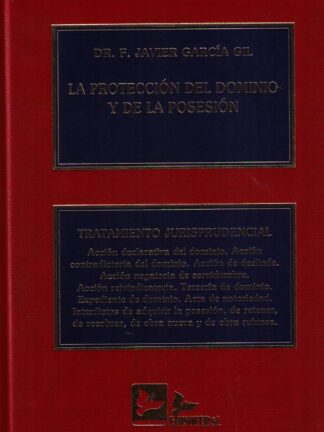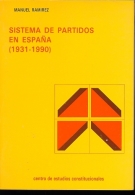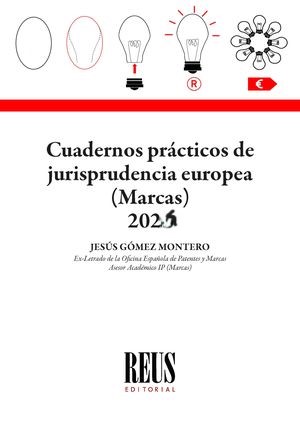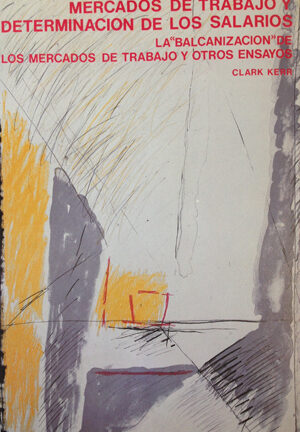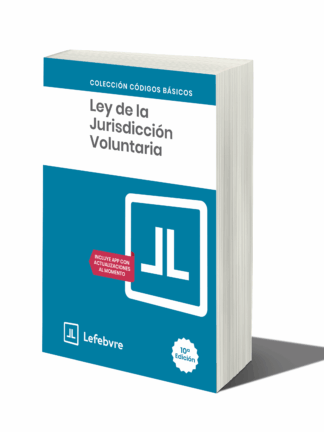Descripción
This book examines, from an ideological perspective, the narrative work of H.P. Lovecraft. To pursue that goal, the analysis is sustained in two different foundations. To begin with, it is well known that the standard Lovecraftian tale deals with the discovery of a reality beyond reality. With that premise, this book establishes a theoretical framework that grasps the ideological implications that Lovecraft’s narrative oeuvre might hide under the appearance of mere horror or science fiction stories, providing an original approach to the analysis of the Lacanian Real beyond the Lovecraftian fiction. Secondly, science is one of the cornerstones in Lovecraft’s fiction. Science, and its technological applications, are meaningfully connected with the triad of the Real (proposed by the Slovenian philosopher Slavoj Žižek, and composed by the symbolic Real, the imaginary Real and the real Real), since science is clearly depicted as a way of gaining access to the unfathomable real Real. At the same time, Lovecraft was heavily influenced by some scientists he read during his lifetime: Darwin, Galton, Haeckel, Planck, Einstein… and they had a strong impact in the writer’s perception of the world. This volume pays special attention to scientific issues present in his narrative, in order to cast light on how different scientific disciplines might have influenced Lovecraft’s ideological background
I. Introducción
II. Los delitos contra la seguridad vial
1. Los inicios y su posterior evolución
2. Algunos conceptos
2.1. Concepto de “conductor”
2.2. Concepto de “conducción”
2.3. Concepto de “vehículo a motor” y de “ciclomotor”
2.4. Concepto de “vía pública”
3. Algunas cifras
III. El delito de conducción bajo la influencia de drogas tóxicas, estupefacientes, sustancias psicotrópicas o bebidas alcohólicas
1. El artículo 379 antes y después de la reforma penal de 2007
2. Elementos
2.1. Conducción de un vehículo a motor o ciclomotor
2.2. Ingesta de drogas tóxicas, estupefacientes, sustancias psicotrópicas o bebidas alcohólicas
2.3. La expresión “bajo la influencia”
2.4. Creación de un riesgo o peligro para la seguridad vial
IV. El delito de conducción etílica
1. Su tramitación parlamentaria
2. Razones de su incorporación al Código penal
3. La tasa típica
4. La conducta típica
V. El delito de negativa a someterse a las pruebas de alcoholemia
1. El planteamiento de inconstitucionalidad
2. Pruebas de detección alcohólica y práctica de las mismas
3. Pruebas de detección de drogas tóxicas, estupefacientes y sustancias psicotrópicas y práctica de las mismas
4. Elementos
4.1. El requerimiento
4.2. La negativa
5. Negativa a someterse a la segunda prueba
6. Negativa a someterse a las pruebas en un control preventivo y aleatorio
7. Relación concursal con el delito de conducción bajo la influencia de drogas tóxicas, estupefacientes, sustancias psicotrópicas o bebidas alcohólicas
Bibliografía
Juan L. Pérez-de-Luque

was born in Cordoba (Spain) in 1980. He got his degree and PhD in English Studies at the University of Córdoba, and a MA on English as Tool for Intercultural Communication at the University of Jaén (Spain).
He currently works at the University of Córdoba as assistant professor at the Department of English and German Studies, where he has lectured assorted subjects, among them Discourse Analysis, Popular Literature and Text and Discourse, and he is particularly concerned with the usage of lyrics as a tool for teaching literary contents at the university.
He has been visiting scholar at Trinity College (Ireland), the University of Nottingham (UK), Brown (EE.UU.) and Wheaton College (EE.UU.), and has published several articles and book chapters on H.P. Lovecraft, E.A. Poe and Jeanette Winterson. His main fields of interest are ideological and communitarian readings of horror fiction, witchcraft and fantasy literature in general, and he has participated, among others, in a collective research project that deals with the connections between secrecy and contemporary fiction, focusing his attention on the narrative oeuvre of Jeanette Winterson.

